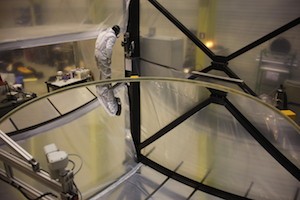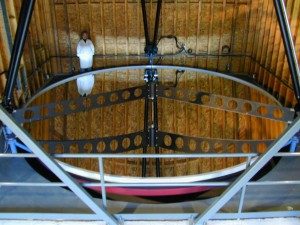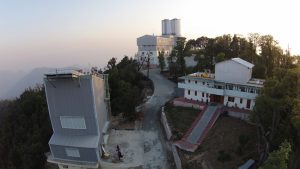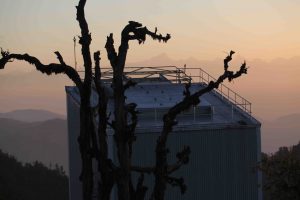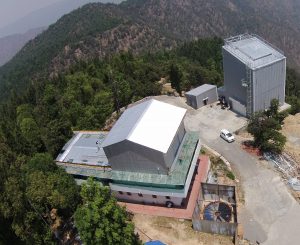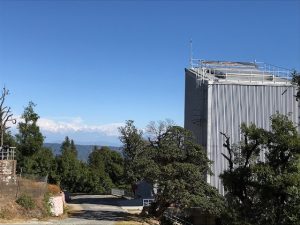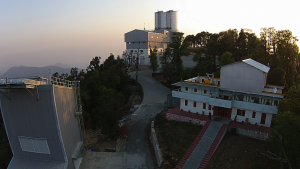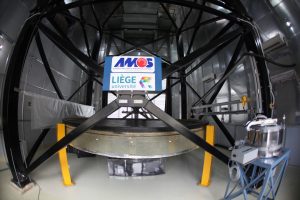| The 4m International Liquid Mirror Telescope (ILMT) project results from a collaboration between the Institute of Astrophysics and Geophysics (Liège University), the Canadian Astronomical Institutes from Vancouver (University of British Columbia), Québec (Laval University), Montréal (University of Montreal), Toronto (University of Toronto and York University) and Victoria (University of Victoria), the Aryabhatta Research Institute of Observational Sciences (ARIES, India). Several colleagues from the Royal Observatory of Belgium, the Indian Space Research Organization (ISRO, India), the Ulugh Beg Astronomical Institute of the Uzbek Academy of Sciences and National University of Uzbekistan have also joined the project. |
Project management : University of Liège, Institute of Astrophysics, Geophysics and Oceanography,
STAR Institute,
Principal Investigator : Professor Jean Surdej
Project Manager : Professor Paul Hickson
This research has been supported by the Région Wallonne (Belgium) under the convention 516238, F.R.S.-FNRS (Belgium), the Liège University and the Natural Sciences and Engineering Research Council of Canada.
The UBC Liquid-Mirror Observatory was established by Professor Paul Hickson in 1995 to facilitate the development and testing of the liquid mirror telescope technology. Located on a hill top in the UBC Malcolm Knapp Research Forest, it overlooks British Columbia’s Fraser Valley. The telescope was dismantled in 2020. The poor weather did not allow to efficiently operate the telescope.
The 4m ILMT is installed at Devasthal (Uttarakhand, India), the ARIES remote site also hosting two other telescopes, the 3.6m DOT and 1.3m DFOT, belonging to the 50-year old UPS Observatory at Nainital which reincarnated on 22nd March 2004 as ARIES, an acronym given for Aryabhatta Research Institute of observational sciencES, an autonomous institute under the Department of Science and Technology, Govt. of India. Person in charge at ARIES for the ILMT is Dr. Kuntal Misra

